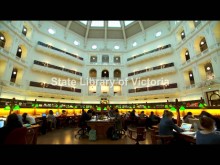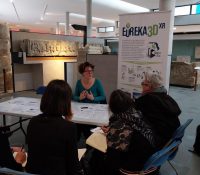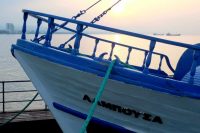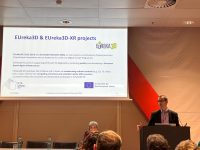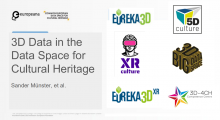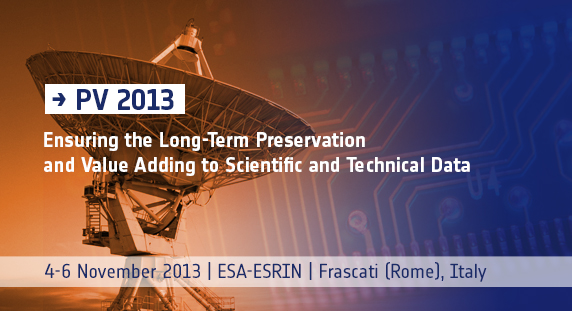
Pv2013 Objectives
Standards for Archives and Interoperability enabling new added value services
“Ensuring Long-Term Preservation and Adding Value to Scientific and Technical Data” – PV 2013 – welcomes you to its seventh edition. Previous events were held at CNES in Toulouse (PV2002), at ESA-ESRIN in Frascati (PV 2004), at DCC in Edinburgh (PV2005), at DLR in Oberpfaffenhofen (PV2007), at ESA-ESAC in Madrid (PV2009) and then again at CNES in Toulouse (PV2011). For its seventh edition, the conference series is back to ESA-ESRIN in Frascati to continue addressing prospects in the domain of scientific and technical data preservation together with value adding to these data.
Scientific data access, comprehension and interoperability is vital to tackle the challenges the scientific community is facing. As an example, certain environmental analysis, like those supporting the long-term climate change variables measurement, requires historical data records to be periodically reprocessed to conform to the latest revisions of scientific understanding and modelling techniques. This in turn requires access to and understanding of the original processing, including scientific papers, algorithm documentation, processing sources code, calibration tables, databases and ancillary datasets.
Proper data management, data description and data curation remain the challenges for building modern archives while keeping in mind their long-term preservation. Coupled with flexible and open software architecture, these are the basis to allow interoperability amongst archives while enabling the development of new added value services and applications on top of existing data, ensuring its higher utilization by end (and new) users.
There will be 4 Sessions focused on these following themes:
Session 1: Ensuring long-term data and knowledge preservation;
Session 2: Adding value to data and facilitation of data use;
Session 3: Data preservation lessons learnt;
Session 4: Future prospects and cooperation.
The DCH-RP project will attend the conference by exposing its poster in the PV2013 poster session.

PV 2013 Program organizing committee
Chairmen:
- Mirko Albani, ESA-ESRIN, Roma, Italy
- Richard Moreno, CNES, Toulouse, France
Members:
- Christophe Arviset, ESA-ESAC, Villafranca del Castillo, Spain
- Reta Beebe, NASA/PDS, NMSU, USA
- Daniele Boucon, CNES, Toulouse, France
- John Faundeen, USGS, Sioux Falls, USA
- Francoise Genova, CDS, Strasbourg, France
- David Giaretta, Alliance for Permanent Access, The Netherlands
- Helen Glaves, NERC/BGS, UK
- Rosemarie Leone, ESA-ESRIN, Roma, Italy
- Eberhard Mikusch, DLR, Oberpaffenhofen, Germany
- Katrin Molch DLR, Oberpaffenhofen, Germany
- Harald Rothfuss, EUMETSAT, Darmstadt, Germany
- Jamie Shiers, CERN, Geneva, Switzerland
- Thomas Stein, Washington University, USA
Organizing committee
Carmen Comparetto, Congrex, ESA-ESRIN, Roma, Italy
More information:
PV 2013 Official Website: http://www.congrexprojects.com/pv2013/welcome
Sessions of the meeting: http://www.congrexprojects.com/pv2013/sessions
Full Programme will be soon available here
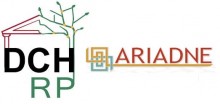 ARIADNE (Advanced Research Infrastructure for Archaeological Dataset Networking in Europe, see the web site http://www.ariadne-infrastructure.eu/), was launched in January 2013 and is financed by the European Commission’s 7th Framework Programme.
ARIADNE (Advanced Research Infrastructure for Archaeological Dataset Networking in Europe, see the web site http://www.ariadne-infrastructure.eu/), was launched in January 2013 and is financed by the European Commission’s 7th Framework Programme.

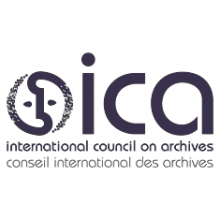
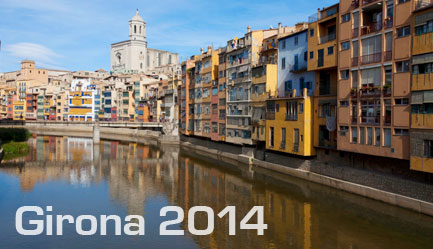 Martin Berendse, President of the International Council on Archives (ICA), warmly invites you to ICA’s 2nd Annual Conference 2014, being held in Girona on 13-15 October. It is also the 9th European Conference on Archives and the 13th Image and Research Seminar and ICA is delighted to be partnering with these respected major Audio-visual and European Archival events to deliver a professional programme addressing such a fascinating topic.
Martin Berendse, President of the International Council on Archives (ICA), warmly invites you to ICA’s 2nd Annual Conference 2014, being held in Girona on 13-15 October. It is also the 9th European Conference on Archives and the 13th Image and Research Seminar and ICA is delighted to be partnering with these respected major Audio-visual and European Archival events to deliver a professional programme addressing such a fascinating topic.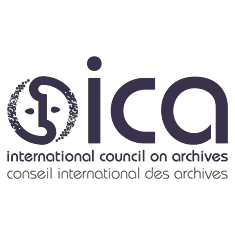 Deadline for proposals: 28th February 2014
Deadline for proposals: 28th February 2014 RICHES on Twitter! #richesEU
RICHES on Twitter! #richesEU


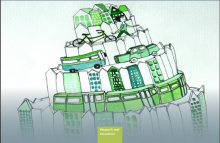
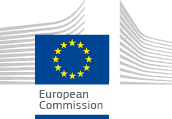 The workshop took place on 28 March 2013 on the premises of MIUR (Italian Ministry of Education, Universities and Research) in Rome. 70 researchers, administrators, urban planners and stakeholders from around Europe participated at the seminar.
The workshop took place on 28 March 2013 on the premises of MIUR (Italian Ministry of Education, Universities and Research) in Rome. 70 researchers, administrators, urban planners and stakeholders from around Europe participated at the seminar.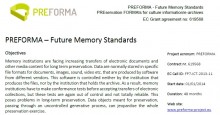

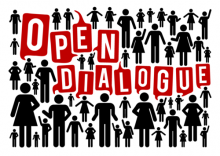 PREFORMA aims to ensure the establishment of a process of Open Dialogue between the memory institutions and the technology providers who develop the software. The memory institutions will define the functional requirements of the tender based on the outcome of the Open dialogue.
PREFORMA aims to ensure the establishment of a process of Open Dialogue between the memory institutions and the technology providers who develop the software. The memory institutions will define the functional requirements of the tender based on the outcome of the Open dialogue.
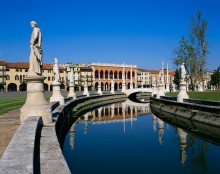
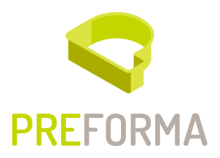 On January 13th and 14th 2014, the Department of Information Engineering of the University of Padova will host the PREFORMA Kick-off Meeting.
On January 13th and 14th 2014, the Department of Information Engineering of the University of Padova will host the PREFORMA Kick-off Meeting.